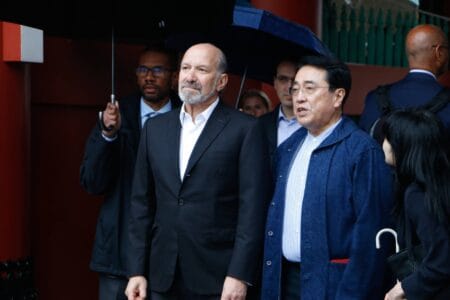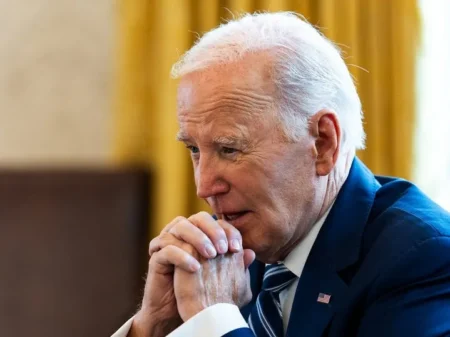Barings LLC has raised $950 million for a new private-equity and infrastructure fund, underscoring growing investor appetite for mid-market and niche strategies amid a turbulent global investment environment.
The Charlotte-based investment manager, which oversees $442 billion in assets, said the capital was secured for its Barings Global Private Equity Opportunities Fund II, exceeding internal targets despite a challenging fundraising climate for private markets.
Barings, a subsidiary of MassMutual, is betting that less crowded segments of the private equity and infrastructure universe—particularly those led by smaller or newer managers—will offer stronger returns in the coming cycle than mega-funds chasing large-cap deals.
“There’s real value in agility,” said Anthony Sciacca, Head of Global Business Development at Barings. “By backing newer GPs and under-the-radar projects, we believe we can outperform in a market that’s increasingly bifurcated.”
The new fund will focus on allocating capital to emerging private equity managers, infrastructure sponsors, and thematic platforms across North America, Europe, and select emerging markets.
According to Barings, approximately 60% of the fund’s commitments are earmarked for co-investments and primary fund positions in vehicles with less than $1 billion in assets. The remainder is targeted at direct deals, especially in infrastructure verticals like renewable energy, telecom towers, and logistics.
“We’re not chasing mega-buyouts,” said Paul Gill, Managing Director of Barings’ Global Private Equity team. “We want to partner with firms that are operating in the $100 million to $500 million deal range—where competition is lower and value creation is more tangible.”
Barings is also allocating a portion of the fund to diverse and first-time managers, part of a broader industry shift toward inclusive capital deployment and differentiated sourcing.
The fund’s close comes at a time when many private equity firms are struggling to raise capital. According to Preqin, global PE fundraising fell 17% in 2024, its second consecutive year of declines, amid interest rate volatility, higher capital costs, and concerns over asset valuations.
Yet Barings has found success by positioning itself as a strategic LP with long-term commitments, giving it preferential access to emerging opportunities.
“Institutional investors are becoming more selective,” said Elizabeth Lee, a senior analyst at PitchBook. “Barings is capitalizing by targeting the middle of the market, which is less saturated and more flexible in pricing.”
The fund’s investor base includes public and corporate pensions, insurance companies, endowments, and sovereign wealth funds, according to Barings. Roughly 70% of commitments came from repeat clients, a testament to Barings’ track record in alternative strategies.
Barings’ expansion into infrastructure reflects growing demand for hard assets amid inflationary pressure and energy transition mandates. The firm is particularly bullish on grid modernization, sustainable transport, and digital infrastructure, including data centers and fiber networks.
The new fund is expected to deploy capital over a three- to five-year period, with initial investments already underway in a European battery storage network and a North American waste-to-energy operator, according to sources close to the firm.
Barings’ first Global Private Equity Opportunities Fund, launched in 2020, has reportedly returned a net IRR of 17.8% to date, outperforming median benchmarks for mid-market PE funds. The firm declined to confirm specific performance figures.
Barings is competing with peers like StepStone, Adams Street Partners, and Hamilton Lane in the fund-of-funds and co-investment arena, but differentiates itself through its global footprint and willingness to back less-established managers.
“It’s not just about deploying capital—it’s about building long-term partnerships that can scale,” said Gill. “The next generation of alpha isn’t coming from the household names. It’s coming from the ones just emerging.”
Barings is already laying the groundwork for follow-on vehicles and expects to be back in the market by 2026. The firm is also expanding its infrastructure platform, including new hires in Asia and Latin America to support deal origination.
In a market where capital is harder to raise and harder to deploy, Barings is leaning into a contrarian bet—that smaller managers and mid-market infrastructure can deliver outsized returns. With $950 million now in hand, the firm is ready to prove it.








